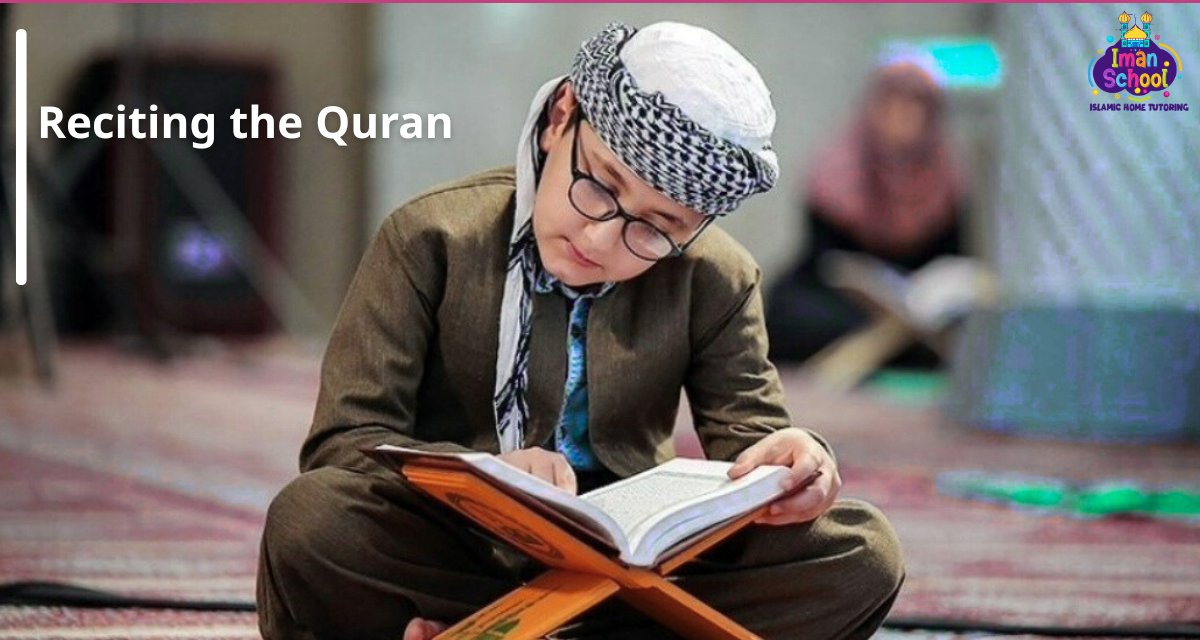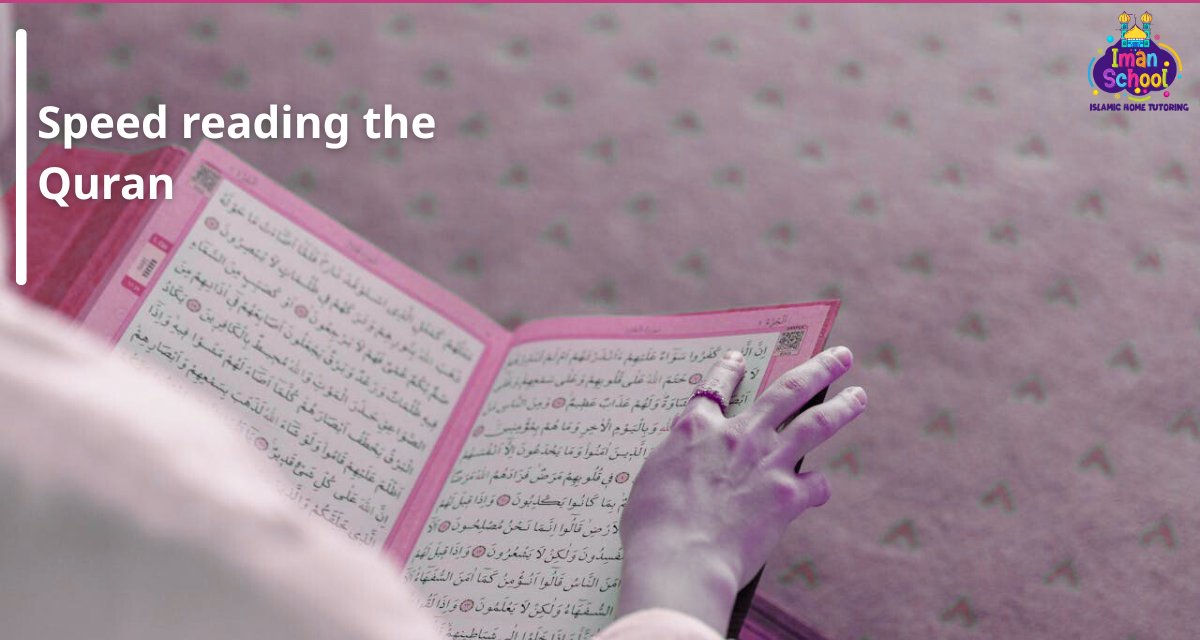Memorizing the Holy Quran is a deeply spiritual and intellectually rewarding journey. While the commitment to memorize is paramount, many aspiring huffaz (memorizers) often wonder, "What is the best time to memorize Quran?" Is there a specific hour of the day that promises greater blessings, better focus, or enhanced retention? The answer is a beautiful blend of Islamic wisdom and cognitive science.
While there are certain times with distinct spiritual and cognitive advantages, the ultimate best time to memorize Quran is the time when you are most consistent and focused. This article will explore the optimal times from both a spiritual and scientific perspective, providing practical tips to help you create a personalized Hifz routine.
What is the best time to memorize the Quran?
From an Islamic perspective, the best time to memorize Quran is during the early hours of the morning and the last third of the night. These are times of profound tranquility and divine mercy.
Scientifically, these periods align perfectly with peak cognitive function. However, the most effective approach for anyone, especially those wondering about memorizing Quran for beginners, is to identify your personal peak time for focus and make that your dedicated Hifz slot, regardless of the time of day. This flexibility is key for a sustainable Hifz schedule for students and adults alike.
Read More: Quran Memorization Schedule
Why is timing so important for effective Quran memorization?
Timing is crucial because it directly impacts your ability to focus, absorb information, and retain it long-term. Choosing a time when your mind is alert and your surroundings are quiet minimizes distractions and maximizes your efforts. This is essential for anyone looking for how to become a Hafiz. A dedicated time slot transforms Hifz from a sporadic task into a consistent, cherished part of your daily life.

Are there specific times mentioned in the Quran or Sunnah for learning?
While the Quran and Sunnah do not specify a single obligatory time, they do emphasize the immense blessings of certain periods. The Quran highlights the virtue of "the early morning" (Al-Fajr) and "the last third of the night" (Tahajjud), urging believers to rise for worship and remembrance. These periods are spiritually powerful and provide an ideal atmosphere for Quran memorization techniques with tafseer or just simple repetition.
Can science and research help us find the optimal time?
Yes. Research in chronobiology, the study of biological rhythms, suggests that most people have two peak periods of cognitive performance. The first is in the early morning, shortly after waking, when the brain is fresh and uncluttered.
The second is in the late evening, a few hours before sleep. These findings align remarkably well with the spiritually recommended times, offering a strong scientific backing for what has been practiced for centuries. Understanding these patterns is key to finding the best time for hifz.
Learn More: How to Memorize Quran by Yourself
Is the time after Fajr prayer the most blessed time to memorize the Quran?
Many scholars and huffaz agree that the time after the Fajr prayer is indeed the best time to memorize Quran. This period, often from dawn until sunrise, is a time of tranquility, fresh air, and deep spirituality. The Prophet (PBUH) made a special du'a (supplication) for his Ummah, saying, "O Allah, bless my Ummah in its early hours." The mind is clear and free from the day's stresses, making it a highly effective period for new memorization and revision. This is a core part of any successful daily Quran memorization schedule.
What are the scientific benefits of memorizing in the early morning?
The scientific benefits of memorizing Quran in the early morning are numerous:
-
Improved Focus: The brain is most receptive to new information, with little to no mental clutter from the day's activities.
-
Enhanced Memory Consolidation: Morning sessions allow the brain ample time to process and consolidate new memories throughout the day.
-
Higher Energy Levels: Cortisol, the hormone responsible for alertness, is naturally high in the morning, giving you a boost in energy and concentration.
These benefits make a strong case for why the morning hours are often the best time to memorize Quran.
Discover More: How to Teach Quran for Child
Why is the last third of the night a spiritually powerful time for memorization?
The last third of the night, leading up to Fajr, is a profoundly spiritual time. The Prophet (PBUH) said that Allah descends to the lowest heaven during this period, asking if there are any who seek forgiveness or blessings.
The stillness of the night, coupled with this divine proximity, creates a powerful atmosphere for reflection and Hifz. This is often the best time to memorize Quran for those seeking a deep spiritual connection, as it allows for a beautiful mix of memorization and Tahajjud prayer.
How can memorizing before sleep help with long-term retention?
Memorizing before sleep can be a very effective technique for long-term retention. As you sleep, your brain consolidates memories, strengthening the neural connections formed during the day. By reviewing or learning a few verses right before bed, you can significantly enhance your recall the next morning.
This technique works well in a Quran memorization for adults routine, who may have limited time for Hifz during the day. This simple yet effective practice is one of the most powerful Hifz tips and tricks to remember.
Find Out More: Best Age to Memorize Quran
Is it possible to memorize the Quran effectively throughout the day?
Absolutely. While certain times have distinct advantages, it is entirely possible to memorize the Quran effectively at any time of day. The most important factor is consistency.
What matters more than the specific time is creating a dedicated slot where you are free from distractions. If your work schedule or family commitments make early morning Hifz difficult, an afternoon or evening routine can be just as fruitful, provided you are consistent and focused.
Should I choose one specific time, or is a flexible schedule better?
For beginners, especially those trying to understand how to memorize the Quran and establish a routine, it's best to choose one specific time slot and stick to it. This helps build a habit.
However, for adults with dynamic schedules, a flexible approach that adapts to your day is often more practical. The key is to make a commitment to the practice itself, and then find a time that fits, rather than forcing yourself into a rigid schedule that you cannot maintain.

Explore Now: Best Quran Memorization Techniques
How can I make the most of my time, even with a busy schedule?
-
Use Commute Time: Listen to recitations during your commute or while doing household chores. This passive listening helps with recall.
-
Short, Focused Sessions: Instead of one long session, break your time into short, focused bursts. Ten minutes of intense, distraction-free memorization can be more effective than an hour of distracted work.
-
Prioritize Review: Even on a busy day, make sure to find a few minutes to review your existing memorization. This is the best time to revise Quran.
-
Make it a Habit: Connect your Hifz routine to an existing habit, like making your bed or drinking your morning coffee. This will help you stick to it.
Are there any specific times to avoid when memorizing the Quran?
It's generally advised to avoid memorizing when you are extremely tired, right after a heavy meal, or in a noisy, distracting environment. Fatigue and low energy levels will hinder your ability to focus and retain information. The quality of your memorization session is always more important than the quantity of time spent on it.
Continue Reading: Can You Read Quran Without Ghusl
How do I create a personalized memorization schedule that works for me?
-
Assess Your Energy: Pay attention to when you feel most alert and focused during the day.
-
Set Realistic Goals: Start with a small, achievable amount of new memorization per day (e.g., 2-3 lines).
-
Plan for Review: Allocate at least twice the amount of time for review as you do for new memorization.
-
Involve a Teacher: The most effective way to create a personalized plan is to work with a qualified teacher who can assess your progress and adapt the schedule as needed.
What are some proven techniques to maximize my memorization efforts at any time?
-
Repetition: This is the bedrock of all Quran memorization techniques. Repeat a new verse or section at least 15-20 times.
-
Active Recall: Recite the new verses from memory without looking at the Mushaf.
-
Listen and Repeat: Listen to a reciter and repeat after them, paying close attention to Tajweed.
-
Connect with the Meaning: Understanding the meaning of the verses makes them easier to retain and more spiritually enriching. This is a core part of memorizing Quran with meaning.
See More: Tafseer for Beginners
Personalized Online Quran Memorization with Iman School
No matter when you choose to memorize, the most important factor is consistency. Finding a routine that works for you is the first step towards a successful Hifz journey.
For personalized guidance in creating a flexible Quran memorization plan and achieving your Hifz goals, consider joining a structured program. Iman School is a leading online educational platform that specializes in helping students of all ages memorize the Quran.
Our expert teachers work with you one-on-one to create a customized Hifdh routine and flexible schedule that aligns with your life. Join Iman School today and discover how a dedicated teacher can help you achieve your goals, regardless of whether you are a beginner or a more advanced student.
The best time to memorize Quran is ultimately a combination of spiritual devotion and personal practicality. While the early morning and the last third of the night hold unique blessings and cognitive benefits, the most effective time is the one you can commit to consistently, free from distractions. By understanding the wisdom behind these times and creating a personalized schedule, you can embark on a transformative journey and achieve the immense honor of memorizing the Holy Quran.




